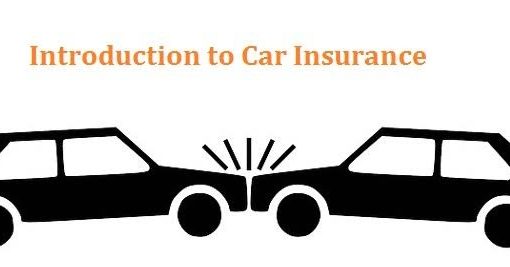Many dreamy-eyed, hopeful business owners simply aren’t aware of or don’t take into account the myriad of costs that come with running a business. Most often, these costs can be so overwhelming that they decide the fate of a small business within the first year of existence. For some business owners, the costs of starting a firm and all of the overhead expenses that go along with it can be too much to handle. However, it’s not all doom and gloom. You have plenty of chances of succeeding in maintaining a level mind, strong resolve, and a strict financial plan to guide you through all of the challenges involved in owning and running a business.
Uncovering Hidden Business Operating Costs
When you first launch, you’re going to encounter several financial challenges for which you won’t likely be prepared unless you have a superb financial or business counsellor working alongside you. Here are just some examples of the extra expenses and fees that come with operating a business.
1. Marketing and advertising expenses
Advertising is expensive, whether it be through paid Google advertisements, print ads in newspapers, or everything in between. You must set aside enough money for marketing materials if you want to promote your company and brand name. These expenses should also cover product and service promotions.
2. Employing and retaining staff
By employing top talent and making every effort to keep them, established businesses can save money. After all, keeping good people on board is significantly less expensive than frequently replacing them. However, you must factor in the price of publicising job openings, holding interviews, and recruiting fresh applicants. Finding the ideal hires for your company means investing a lot of time, money, and resources.
3. Amenities, training, union dues, and benefits
You are advised to obtain a cheap and comprehensive management liability insurance plan for your business before you begin employing staff. Dental, health, and vision insurance should all be provided to employees. In addition, the cost of hiring staff necessitates that you factor in the expense of training them as well as union dues and additional perks (i.e., a break room, kitchenette, providing snacks, etc.).
4. Rent for office space
You may also want to think about renting an office instead of buying one. Of course, this will depend on the size and nature of your company. Small businesses can get by for the first few months with staff members working from home offices, but ultimately you may wish to relocate to a larger place that can handle your expanding needs. Because most office space rentals are often conveniently placed in urban areas, renting an office space is the ideal solution to this issue. This makes it simple for your staff to commute by car, public transportation, or, if necessary, a ride-sharing programme. Additionally, office space rental apartments are frequently found inside upscale company buildings, so you’ll be surrounded by other ambitious businesspeople. It’s crucial to negotiate a workable agreement with the leasing firm and make sure you’re prepared to bear the expense of renting an office space.
5. Office supplies
Some organisations that rent office space may include the price of office supplies like printers, phones, desks, chairs, and fax machines in the price of your contract. Some people might charge extra money for these goods. Before you sign anything, it’s crucial to work out these specifics and determine whether there will be any additional renter’s costs that may affect your budget. It will be easier for you to grasp the kinds of office space rental agreements that are most effective for your business if you compare offers from several businesses.
6. Costs of production and distribution
You will also need to consider the cost of production and distribution if your business model depends on delivering and selling a certain kind of product. The costs of building the goods you intend to sell first include the cost of leasing or owning a manufacturing facility. Prior to gaining a firm foothold in their particular industries, most businesses experience initial financial losses. In fact, you should plan ahead and anticipate this. If your firm depends on producing things, you will unavoidably experience some losses in the beginning. However, after a few years of operation, you ought to be able to recoup some of those losses and reach a break-even point. In this situation, having patience is a huge asset, along with careful planning and preparation.
7. Appropriately manage your tax deductibles for businesses
Keep the receipts at all times for valid business costs! They’ll be useful when it comes time to file your taxes, and you have to show tangible proof of your business deductions. You cannot deduct personal expenses from your business’s tax deductions. This is considered tax fraud, and if the CRA even has the slightest suspicion that you are engaging in it, your company will be subject to a rigorous examination that will take at least seven years to complete. Costly practice, indeed.
Also Read Interesting Articles At: USA Car Insurance.
Author bio:
Hello, I am a professional SEO Expert & Write for us technology blog and submit a guest post on different platforms- we provide a good opportunity for content writers to submit guest posts on our website. We frequently highlight and tend to showcase guests.




